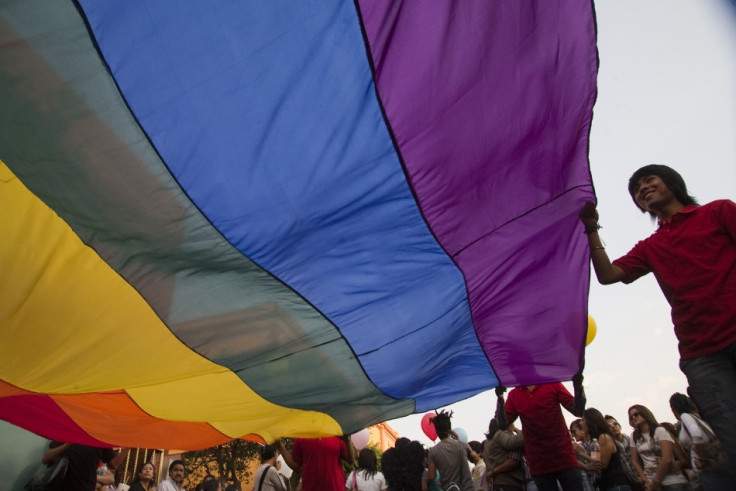Gays and Transsexuals Targets for 'Honour Killings' in Turkey

Ramazan Çetin, a 24-year-old transsexual woman, was last week being treated for injuries sustained in a fall at Gaziantep Cengiz Gökçek State Hospital, southeast Turkey, when her brother entered the building and shot his sibling three times in the head and body.
"My brother was engaged in travestism. I killed him," said Fevzi Çetin, 27. "I cleansed my honor."
The murder brings a new dimension to honour killings in the country, which regularly draw unwanted headlines from the Turkish media. 26-year-old gay activist Ahmet Yildiz was killed in July 2008, a victim of the growing rift between Turkey's increasingly liberal society and its entrenched conservative traditions.
Since Mr Yildiz's death, allegedly the first gay honour killing in the country, Turkey has seen a rise of such murders across the country. Officials say more than 20 homosexuals were killed last year alone.
Fatih Söyle, a lawyer who specialises in hate crimes, said such crimes toward different sexual identities was not uncommon, but added that Turkish law did not mete out severe punishment for such cases.
Following the collapse of the Ottoman Empire, Turkey was all but closed to the world until the rule of General Atatürk in the 1980s, who is credited with being the founder of the modern secular state, the Republic of Turkey. Increasing pressure to reform on the back of Turkey's bid for membership of the European Union has put a strain on a traditionally conservative society.
Women's rights, sexuality and the place of religion in the public sphere have been particularly contentious issues over the past few years.
The rise in honour killings may be, in part, a conservative backlash against what is perceived by traditionalists as the growing influence of the West. A 2008 study found that around 1,000 honour killings were committed in the previous five years, with the victims mostly being young women murdered by their male relatives for breaking certain social codes.
Neither is the problem confined to Turkey, with the UN estimating that 5,000 such killings take place globally every year, from countries as diverse as Brazil to Pakistan to Britain and the US. Although most victims are straight women, there have been reports of incidents targeting gay and transsexual individuals. In 2006, a wave of anti-homosexual killings were carried out by radical Islamist militias in Iraq.
© Copyright IBTimes 2025. All rights reserved.





















